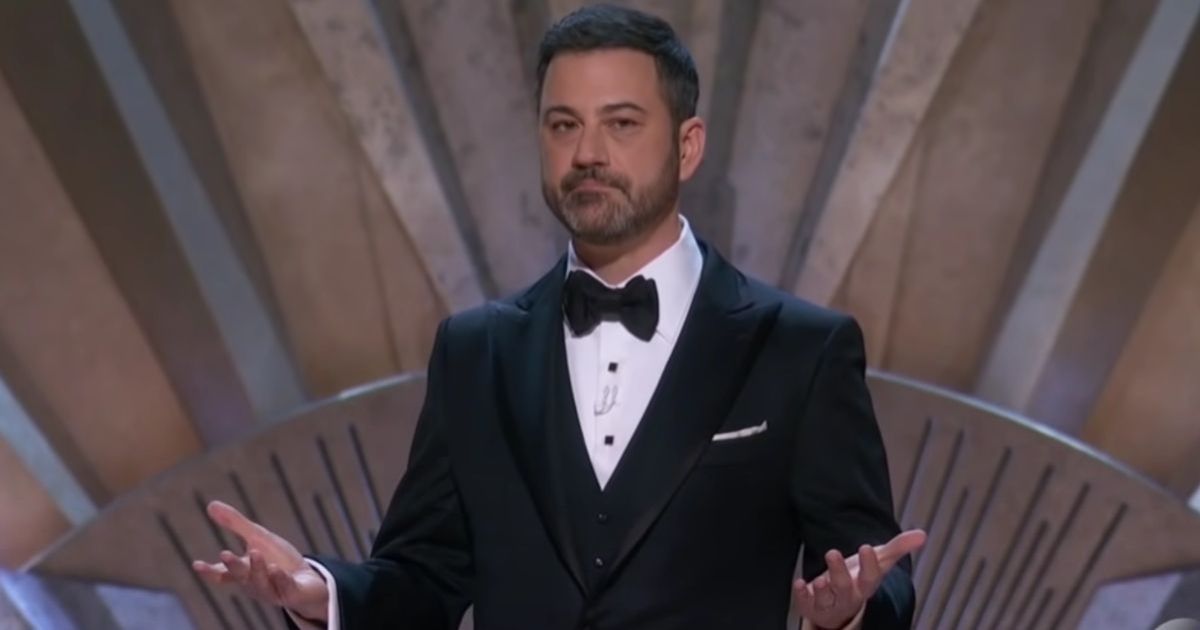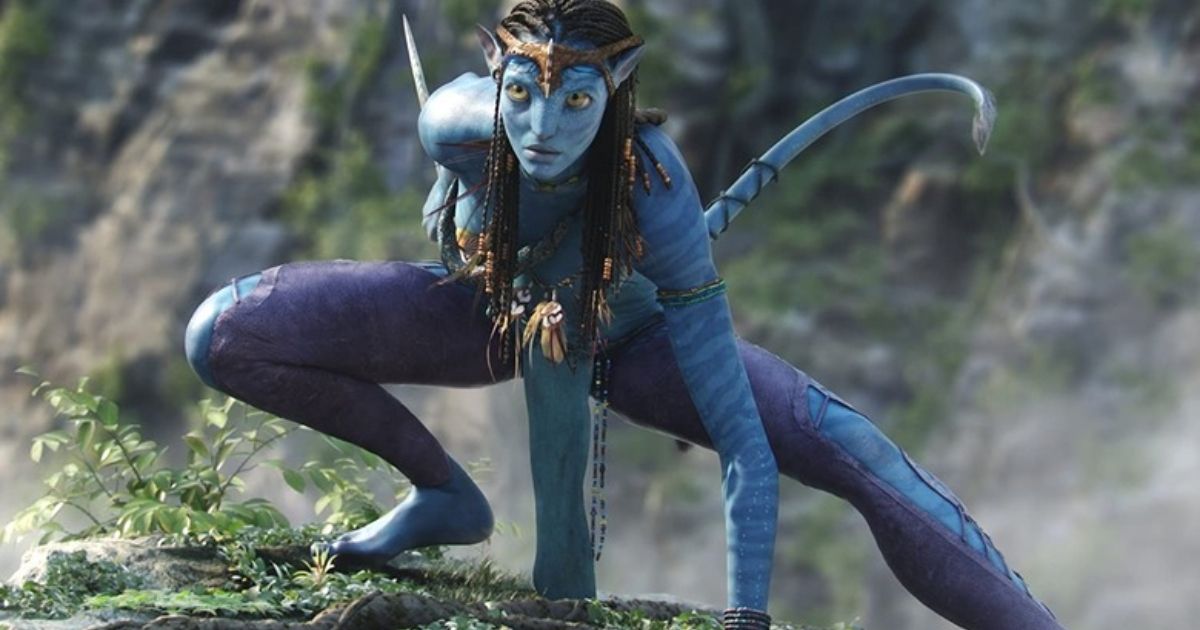For nearly 100 years now, the Academy Awards have been the pinnacle of film awards in Hollywood. For any actor, director, producer or really just anyone involved in the filmmaking process, winning an Oscar is considered one of the biggest achievements one can reach in their career. For general audiences, the Oscars also provide a celebration of the year in film. The ceremony, which was first broadcast on television in 1953, serves as a way for movie lovers to come together and reflect on the previous year in cinema and praise the outstanding works of art and entertainment that were produced.
Or at least, that’s what it’s supposed to be. Over the last decade, the Oscars have begun to feel more and more out of touch with the taste of general audiences, which has led to a continual decline in viewership. One common complaint seems to be that the Academy Awards only nominate dramas that the average person has never even heard of. There’s a growing consensus that the Academy needs to do more to go out of its way to nominate more popular films and blockbusters. People have been saying they need to give more recognition to the movies that audiences actually turn out to see en masse. However, many others believe that giving extra emphasis or prestige to a film just because it was popular would undercut the meaning of the award.
It's clear that something needs to change with the Academy Awards. But is nominating more films because of their popularity really the right option? We’re not so sure.
Declining Ratings
One thing about the Academy Awards that is inarguable is the fact that people are becoming less and less inclined to tune into the television broadcast. Over the last ten years, viewership for the Oscars has dropped considerably. Whereas the late 2000s and early 2010s consistently had viewership in the high 30 to low 40 million people range, now the ceremony is lucky if it cracks 20 million. The 2021 ceremony, which, granted, was the first following the height of the pandemic in 2020, only brought in a mere 10.4 million viewers, the lowest in Oscar history. However, the more consistent release of films in 2021 did very little to prop up the 2022 ceremony, which only jumped up to about 16 million viewers, the second-lowest in the history of the broadcast.
The declining interest in viewing the Oscars began long before the pandemic, though. The 2020 awards, which celebrated the films released in 2019, were held in February 2020, before the pandemic really started to affect the American and international film industries. Still, the ceremony only garnered a viewership of 23 million, the third-lowest in Oscar history at the time. This was a continuing trend, as the ratings for the Academy Awards have not cracked 30 million since the 2017 awards, and they haven't cleared the 40 million mark since 2014. It’s clear to see general audiences are simply not as interested in tuning into the Oscars as they used to be.
What’s less clear is the reason why. Some have speculated that the reason is the length of the ceremony, which consistently runs over three hours long. Others believe that the increasing popularity of social media has led to the drop in ratings, as people can easily follow along with the awards without paying for a TV subscription. However, one of the most consistent reasons people will point to is the ceremony’s consistent nomination and recognition of more independent and art-house films that typically don’t set the box office ablaze. In reality, the answer is probably a mixture of all of those reasons.
History of Nominating Blockbusters
It’s no secret that more people are interested in watching the Oscars when there are crowd-pleasing and fan-favorite films to root for. Some of the most-viewed telecasts of the ceremony were in the late ‘90s and early ‘00s, when immensely popular films, such as Titanic and The Lord of the Rings, were in the running for numerous awards, Best Picture included. With that in mind, it's easy to say that the most recent ceremonies must be performing poorly simply because they haven’t been nominating blockbusters or popular films for enough major awards. However, to act like the Academy Awards have suddenly stopped recognizing popular films at all is a bit of a stretch.
While true that the bulk of Best Picture nominees are often lesser-known pictures that have a smaller mainstream appeal, there have also been a number of major hits to receive Best Picture nominations over the years, even recently. It was just last year that Denis Villenueve’s Dune was nominated for ten awards (Best Picture included) of which it won six. Beyond that, 2019’s Best Picture lineup included the billion-dollar grosser that was Joker, which also happened to win Joaquin Phoenix the award for Best Lead Actor. The lineup the year before also included the likes of Black Panther, Bohemian Rhapsody, Green Book and A Star Is Born. Other popular films of the last 15 years that have earned Best Picture nominations include the likes of Avatar, Up, Inception, Toy Story 3, Life of Pi, Gravity, The Wolf of Wall Street, Mad Max: Fury Road, La La Land and Get Out among others.
However, despite there clearly not being an aversion to nominating films simply because they were popular, the complaint that the Oscars never nominate the films that people actually see seems to have stuck. The Academy attempted to curb this complaint by announcing the addition of a “Best Popular Film” award back in 2018, which was almost universally (and justly) deemed a terrible idea, and so it was quickly abandoned. Last year, a similar concept was tried to be added to the ceremony, with the advent of two fan-voted awards that came in the form of the "Oscars Fan Favorite" and "Oscars Cheer Moment" awards. But, as anyone who knows anything about the internet could have predicted, these awards were reportedly swayed by bots that drove Zack Snyder’s Army of the Dead to win the Fan Favorite award and “The Flash Enters the Speed Force” from Zack Snyder’s Justice League to win the Cheer Moment award. Needless to say, the fan-voted awards will likely not be back in the same capacity for the next ceremony.
The Integrity of the Award
Putting a finger on the scale and purposely nominating more films simply because of their popularity is probably the worst thing that the Oscars could do. The reality of the situation is that awards shows across the board have seen declines in viewership over the last decade; this issue is not solely one that affects the Oscars. By favoring box office hits in an attempt to appeal to general audiences, the Academy would risk losing its core base. In an attempt to expand its audience, the Academy would alienate the community of dedicated viewers they do have and risk an utter collapse of the whole appeal of the ceremony. That’s because general audiences just don’t care about the Oscars anymore, at least not enough to tune in. Many of the viewers the Academy would be trying to reach by nominating more blockbusters probably don’t even have a live TV subscription at all. And those who do are more likely to get their updates via Twitter rather than actually seeking out the ceremony.
The Academy Awards shouldn’t go out of their way to nominate a movie simply because it was a hit at the box office, because doing so would undermine everything the award stands for. People say that the Oscars only nominate films that nobody has heard of, but that’s because the purpose of the award is to recognize the best movies of the year, not to give even more attention to movies that have already received truckloads of it from general audiences. Movies like Avengers: Endgame, as entertaining as they may be, have already received plenty of acclaim and recognition through the billions of dollars in profit they have turned. Now, that's not to say that the Oscars should purposely avoid nominating blockbusters. Not at all, but popular films should only receive nominations if they genuinely deserve them, just like every other smaller film that is recognized. It takes a lot more than just “being fun” for a movie to be the best movie of the year. Yes, movies are entertainment, but they are also an art form, and the Academy Awards exist to highlight the artistry of it all.
Movies like Drive My Car, Sound of Metal, The Favourite, and The Shape of Water were never going to be box office juggernauts. However, they are still incredible films that are worthy of a spotlight, which is the purpose of the Academy Awards. The Oscars exist to give recognition and praise to daring and forward-thinking films that really have something to say. While they might not get it right 100% of the time, that comes with the simple fact that all art is subjective, and everyone will feel a different way about any given film. If the Academy were to start overlooking films simply because they didn’t set the box office on fire, then the spirit, purpose and integrity of the award would be thrown out the window. The Oscars are still the top dog when it comes to film awards, but by nominating any film simply because it was popular, there would be nothing separating the award from any of the other thousands of award shows out there. Even if viewership is low, winning an Oscar still means something. At least, for now, it does.




